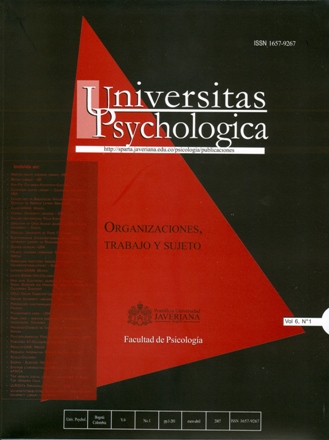Abstract
This article reports the vision, the consciousness, and the tolerance of workers at the assembly line in automotive industries and the car supply industry sited at the Metropolitan area in Curitiba (RMC), trying to demonstrate their daily strife at work. It explains about the flexible production work organization and the conditions of work inside the activities developed at the work quotidian and the effects over workers’ physical and subjective dimensions. The work situations reported try to demonstrate some kinds of suffering or physical and mental deterioration created throughout the work. The data and workers’ reports are from interviews performed as a part of my doctorate thesis. In spite of the researcher’s difficulties so as to not express feelings before the workers’ narrative, we got to interpret them with the help of sociology of work and organizational behaviour authorsThis journal is registered under a Creative Commons Attribution 4.0 International Public License. Thus, this work may be reproduced, distributed, and publicly shared in digital format, as long as the names of the authors and Pontificia Universidad Javeriana are acknowledged. Others are allowed to quote, adapt, transform, auto-archive, republish, and create based on this material, for any purpose (even commercial ones), provided the authorship is duly acknowledged, a link to the original work is provided, and it is specified if changes have been made. Pontificia Universidad Javeriana does not hold the rights of published works and the authors are solely responsible for the contents of their works; they keep the moral, intellectual, privacy, and publicity rights. Approving the intervention of the work (review, copy-editing, translation, layout) and the following outreach, are granted through an use license and not through an assignment of rights. This means the journal and Pontificia Universidad Javeriana cannot be held responsible for any ethical malpractice by the authors. As a consequence of the protection granted by the use license, the journal is not required to publish recantations or modify information already published, unless the errata stems from the editorial management process. Publishing contents in this journal does not generate royalties for contributors.


